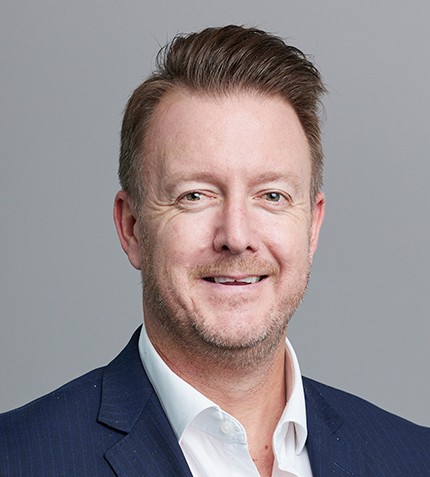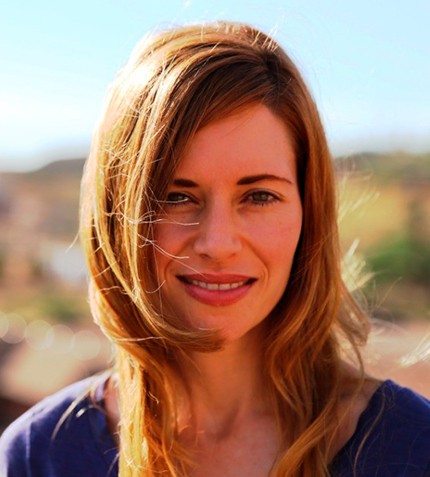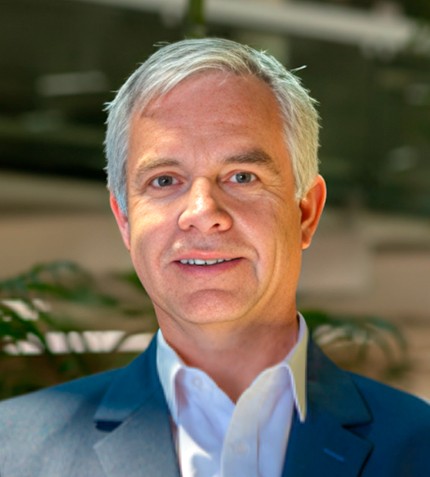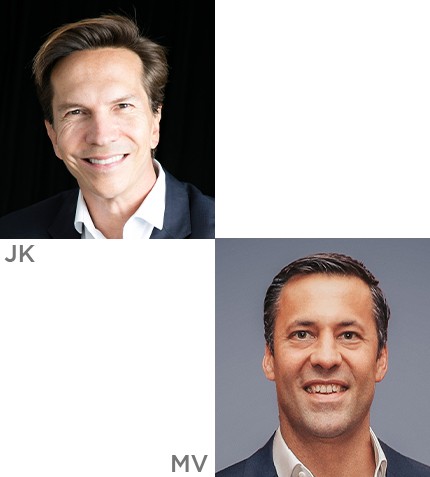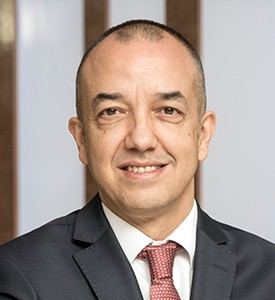
“Over the last couple of years, the Turkish economy has faced many hurdles, but despite this environment, we continue to invest because we have faith in the strategic areas we have chosen; in this regard, we have just finalized our sterile liquid products facility and started production.”
Dr. Okan Oncel
GENERAL MANAGER, BILIM ILAC
Bilim is one of the most established pharma companies in Turkey and a market leader in prescriptions. Could you bring us up to date with its latest developments?
According to its strategic planning process and its results, Bilim has decided to change its chronic treatment area preferences and to focus/invest more in selected treatment areas. Diabetes, respiratory disease and ophtalmology are the main chronic treatment areas that we focus on. Besides, Bilim has strong muscles in areas like ENT, pediatrics, dermatology and gynecology in the acute segment. Looking at the market for oral drugs in diabetes, Bilim has a prominent market share. Similarly, we play a dominant role in the respiratory segment, and we have made important investments in these therapeutic areas. Over the last couple of years, the Turkish economy has faced many hurdles, but despite this environment, we continue to invest because we have faith in the strategic areas we have chosen; in this regard, we have just finalized our sterile liquid products facility and started production. In previous years, we have confronted difficulties in terms of our product development, and we restructured and re-engineered the structure of our R&D and new product line. In Turkey it takes about three to four years to develop and launch a new product, so our launches are projected for 2020 or 2021.
Could you walk us through the process for selecting the products brought to the market?
Being selective is important because resources are not endless. If you divide your resources too broadly, you may never get a dominant position in one market. For now, we continue to invest in our targeted treatment areas, and in the future we may add some additional areas. In the meantime, we do not neglect the acute segment, which is our core business despite high competition and discounts. Nevertheless, due to its diminishing attractiveness, competitors are exiting in some areas of the acute markets, creating space for those that remain; e.g. 10 years ago, there were about 15 competitors in the antibiotics space, and now there are only four or five.
Also, I should emphasize that many companies are jumping into the biosimilar space, which account for between 15-20% of the market, and investing in manufacturing facilities, but let us not discount the remaining 80% consigned to the chemical drugs. It is true that it has become difficult to find new products in the generics space and investments are poured into biological products. But similar to the case of antibiotics, less competition means more opportunities for market consolidation for the remaining players.
In Turkey, multinationals account for more than 60% of the market in terms of the value. What is your comment regarding this dynamic?
Of course, I would prefer the local players took the lion’s share of the market. The local manufacturers have good competency and experience and have developed their manufacturing facilities to the latest standards. Turkish companies are mainly accustomed to chemical products, but they are learning to adopt biological products too – I cannot say yet if it will be a cheap or an expensive learning process, but the bottom line is that they are learning. In a few years, competition will equalize with multinationals in the biologics department. However, if we want to claim 60-70% of the market, then we need innovative products and strong R&D. More than money, we need innovative expertise that can only be acquired over decades of learning. This process has not been developed in Turkey yet, and to take off completely, it requires collaboration between industry, government and universities to share collective expertise.
One of the defining features of Bilim is its impressive global footprint, one of the largest by a Turkish company. Could you tell us about your export-oriented strategy and how you fare against foreign competitors in export markets?
Bilim is exporting in more than 60 countries, of which some are big accounts and others small. With our new manufacturing plant, we may have some additional possibilities to export more to the western world. But we are becoming more selective about the countries we operate in – if a market does not exceed a certain threshold, we will re-evaluate whether to export there. Otherwise, we are faced with a huge workload that pays back in high hidden costs in time, which is not sustainable.
Do you have a final message for our international audience about the opportunities in the Turkish pharma market?
What foreign investors and partners need to understand about Turkey is the high quality and competitiveness of the local producers. I can assure that the level of quality produced by Turkish manufacturers is at the level of developed countries. In addition, the Turkish culture enables easy communication and agreement, and both individuals and companies are very flexible – a BD manager will most likely know marketing, in addition to having something to say about manufacturing or R&D. Turkish players highly respect their partners, especially in long-term partnerships, to the extent that they will be willing to lose money in order to keep a partnership. Turkey also offers very competitive prices, but price alone should not be considered a deciding factor, because sustainable and reliable relations are what matter more in commercial terms. The size and growth of the market is promising, and a business started here can be taken anywhere in the world. Apart from the above mentioned, Turkey has quite good opportunities in terms of clinical trials, R&D and biosimilar production. Combining these elements, I genuinely believe Turkey offers great opportunities for all global players.




